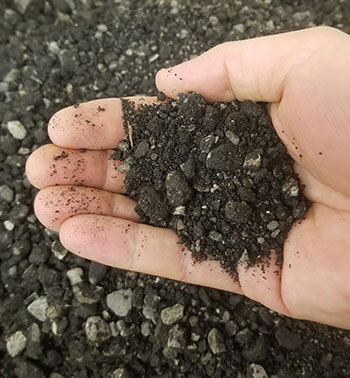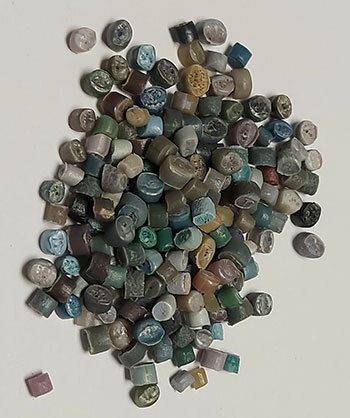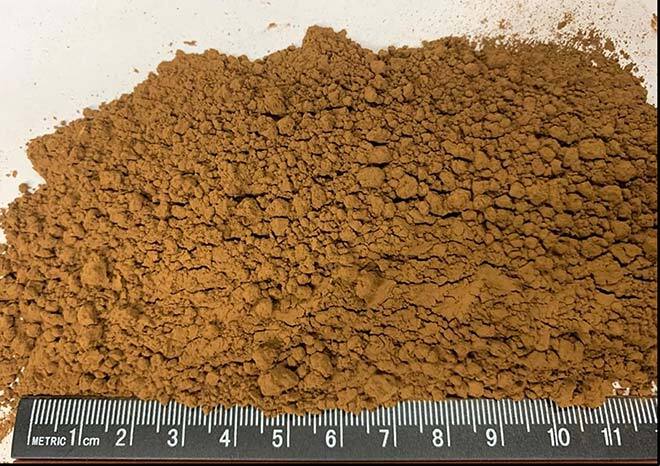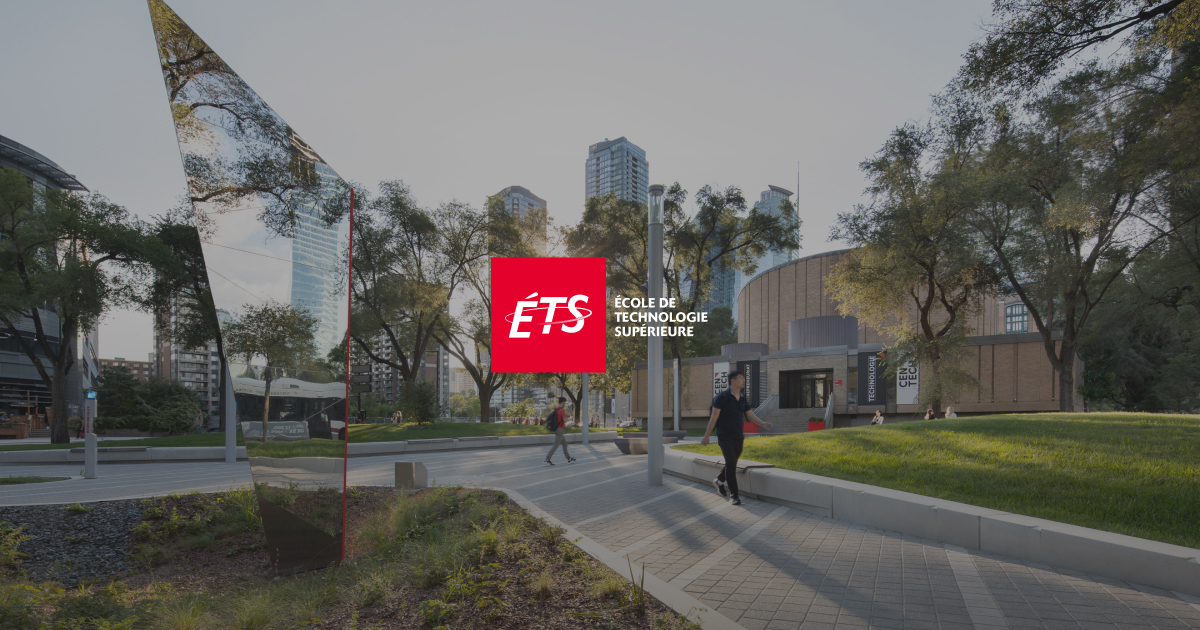Greener Pavements Through Innovation

Purchased on Gettyimages. Copyright.
Quebec’s road network includes some 100,000 kilometres of highways, representing a key economic driver. These roads need to be maintained… Pavements, mainly composed of aggregates and asphalt mixes, are rarely recycled during rehabilitation work, even though the quantities of materials are huge and using upwards of 20% recycled asphalt in new mixes is technically feasible. Indeed, in a thin layer of asphalt, one kilometre of pavement requires 37 tons of bitumen and 713 tons of aggregates! Researchers at the Pavements and Bituminous Materials Laboratory (LCMB) are studying various materials to make our pavements greener.
Recycling, but not at any Cost
A wide range of materials can be added to pavements, but these additions should provide added environmental, financial and/or technical value. We must avoid adding materials to pavements just to divert them from landfills—there is nothing to be gained by turning our roads into mile-long landfills.
LCMB members are exploring different materials, characterizing their behaviour at high, medium and low temperatures. Ruts form at high temperatures, while fatigue and cracks appear respectively at medium and low temperatures.
Materials Studied
Many materials can be recycled in pavements: asphalt aggregates, plastics, lignin, asphalt shingles, glass, waste oils, etc. Our current work focuses on adding recycled asphalt aggregates, low-density polyethylene (LDPE) and lignin.
Recycled asphalt aggregates
 At present, most municipalities do not allow the addition of recycled asphalt aggregates. The Ministère des Transports allows up to 20%, while regions such as Quebec City allow up to 50% in the base layer. Other cities like Montreal are rewriting their specifications to allow up to 30%. This is despite adding materials being a truly effective solution to rutting in pavements. Instead of banning this or limiting the proportion of materials in our pavements, requiring a minimum quantity would help reduce the environmental impact of road maintenance.
At present, most municipalities do not allow the addition of recycled asphalt aggregates. The Ministère des Transports allows up to 20%, while regions such as Quebec City allow up to 50% in the base layer. Other cities like Montreal are rewriting their specifications to allow up to 30%. This is despite adding materials being a truly effective solution to rutting in pavements. Instead of banning this or limiting the proportion of materials in our pavements, requiring a minimum quantity would help reduce the environmental impact of road maintenance.
Low-density polyethylene (LDPE)
 We are examining the possibility of recycling single-use plastic bags (LDPE) in pavements as part of a research project in the Gaspé region. The high-temperature behaviour resulting from this addition is even more promising than asphalt aggregates; fatigue behaviour also appears to be improved. In addition, this solution could address the disposal concerns of this type of waste. Indeed, if we decided to use only 5% LDPE in asphalt mixes, we would run out of plastic to recycle…
We are examining the possibility of recycling single-use plastic bags (LDPE) in pavements as part of a research project in the Gaspé region. The high-temperature behaviour resulting from this addition is even more promising than asphalt aggregates; fatigue behaviour also appears to be improved. In addition, this solution could address the disposal concerns of this type of waste. Indeed, if we decided to use only 5% LDPE in asphalt mixes, we would run out of plastic to recycle…
Lignin
Another avenue being explored is the addition of lignin from Kraft paper, a biopolymer contained in wood by-products.

Low Temperatures – A Challenge
Unfortunately, while these options improve pavement behaviour at high and medium temperatures, their performance at low temperatures leaves much to be desired. We are currently working on new formulations, such as the addition of oil, to find solutions to this problem while taking costs into account.
Greener Pavements? Not without Innovation
Current specifications do nothing to encourage recycling or sustainable development. Worse still, they leave no room for innovation, setting requirements for formulations rather than performance. If we are to develop greener materials, requirements must focus on expected behaviour, not final composition.



